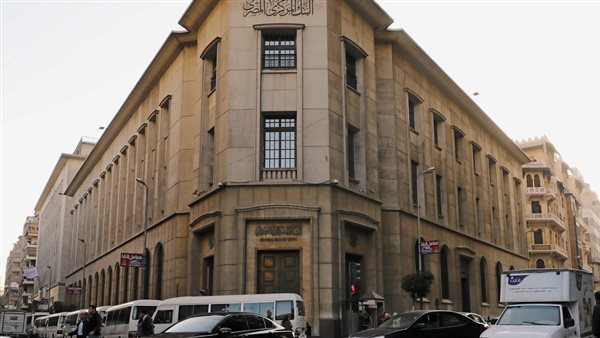The interest rate was abruptly increased by 200 basis points, or 2%, as stated by the Central Bank of Egypt on last Thursday morning, October 29, 2022, and the Central Central and the price of loan and deposit will now be 13. 75% and 14. 75, respectively.
According to the Monetary Policy Committee’s interpretation, the decline in the pound’s value relative to the US dollar was brought on by rising import prices for basic goods as a result of supply-chain disruptions, as well as a shift away from the recession and inflation that the world economy experienced in the wake of the Russian-Ukrainian War.
According to the Egyptian Central, this decision was made to maintain the stability of the Egyptian economy, which can only be achieved by having an exchange rate that is flexible enough to absorb shocks and keep Egypt competitive.
Because this decision is in line with the direction of the global central banks to adopt a strict monetary policy to raise the prices of their usefulness to confront the successful wave of inflation as a result of what we mentioned in the case of the state of disturb, Fakhry Al-Fiqi, Chairman of the Egyptian Plan and Budget Committee, described this decision as a rescue collar from the sinking of inflation, stressing that the decision to raise the interest rate is important.
In terms of the decision’s benefits, Al-Fiqi says that the central bank can increase foreign currency liquidity and lower inflation rates, which have an impact on the public budget and the citizenry. It can also fight the black market and protect the public from exaggerating the prices of essential commodities.
The head of the Parliamentary Plan and Budget Committee, however, outlines the drawbacks of the choice, pointing out that raising the interest rate has an impact on the value of public debt, particularly given that the Egyptian government borrows from within to ensure treasury permissions, which has an impact on the overall deficit and the first surplus of the state’s general budget.
Second, because borrowing results in a double debt for the business sector, whether the government sector or the bank, this decision rewards borrowing at higher interest rates, which has an effect on reducing the amount of investments.
Positives and challenges of the move to boost interest rates on the Egyptian economy

